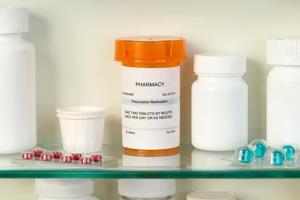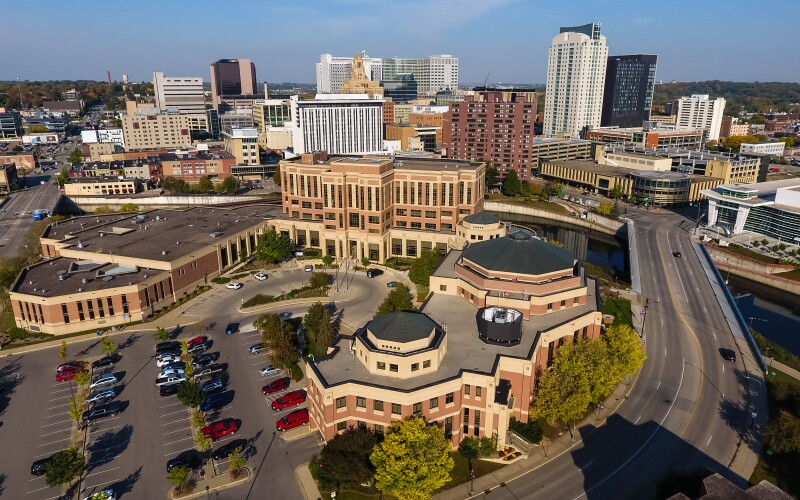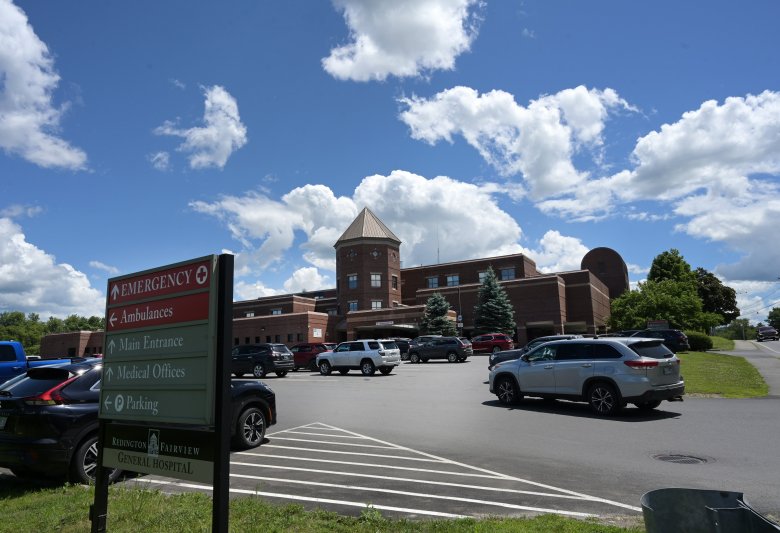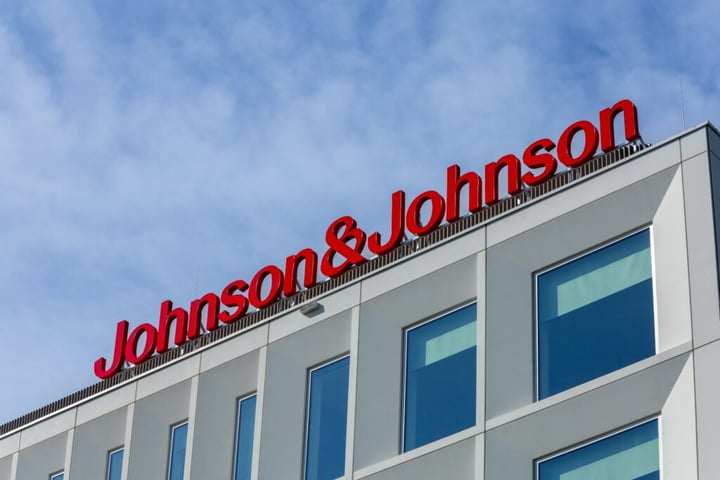The U.S. Food and Drug Administration (FDA) announced on October 29, 2025, that it will ease regulations surrounding the approval of biosimilars, aiming to accelerate access to cheaper medications. This significant change will eliminate the requirement for costly clinical trials for most biosimilars, potentially halving the approval timeline from the current five to eight years.
Biosimilars are drugs that closely replicate biologic medications derived from living cells. Unlike traditional generics, which are exact copies of chemical drugs, biosimilars are more complex and often treat serious conditions such as cancer, diabetes, and autoimmune diseases. Notable examples of biologic drugs that have biosimilar versions include Herceptin for breast cancer, Lantus for insulin, and Humira for arthritis.
Under the revised guidelines, developers of biosimilars will only need to demonstrate that the structure and manufacturing process of their drugs are comparable to those of the original branded products. This change is expected to significantly reduce costs associated with the approval process, saving drug manufacturers tens of millions of dollars.
U.S. Health Secretary Robert F. Kennedy Jr. emphasized the importance of this initiative during a press conference, stating, “For too long, government bureaucracy and regulatory barriers have protected monopolies and stifled competition.” The FDA’s move is anticipated to promote competition in the pharmaceutical sector, ultimately leading to lower prices for patients.
Dr. Marty Makary, the FDA Commissioner, supported these changes, indicating that they could expedite the approval process and reduce financial burdens on companies, which could translate to more affordable options for consumers.
Despite the optimism surrounding the new regulations, industry experts caution that other obstacles may still impede the availability of biosimilars. Brian Skorney, a drug industry analyst at investment bank Baird, noted that brand-name drug manufacturers often employ patent protections and legal strategies to delay the entry of biosimilars into the market, even after receiving FDA approval.
Currently, generic and biosimilar drugs account for approximately 90% of prescriptions in the United States, but they represent a small fraction of total drug expenditures. Biologic drugs continue to be a primary contributor to escalating drug costs. This situation has drawn criticism from various stakeholders, including the lobbying group PhRMA, which pointed to pharmacy benefit managers as additional factors limiting biosimilar access.
Kennedy accused large pharmaceutical companies of manipulating regulations to safeguard their profits, declaring, “The pharmaceutical industry rigged the rules.” Since the FDA approved the first biosimilar in 2015, over 60 have entered the U.S. market, but the process remains slow.
The FDA’s new initiative seeks to rectify this issue by streamlining the pathway for biosimilar approvals, which could ultimately make lifesaving medications more affordable and accessible. For more information on biosimilar medicines, visit the American Cancer Society website.







